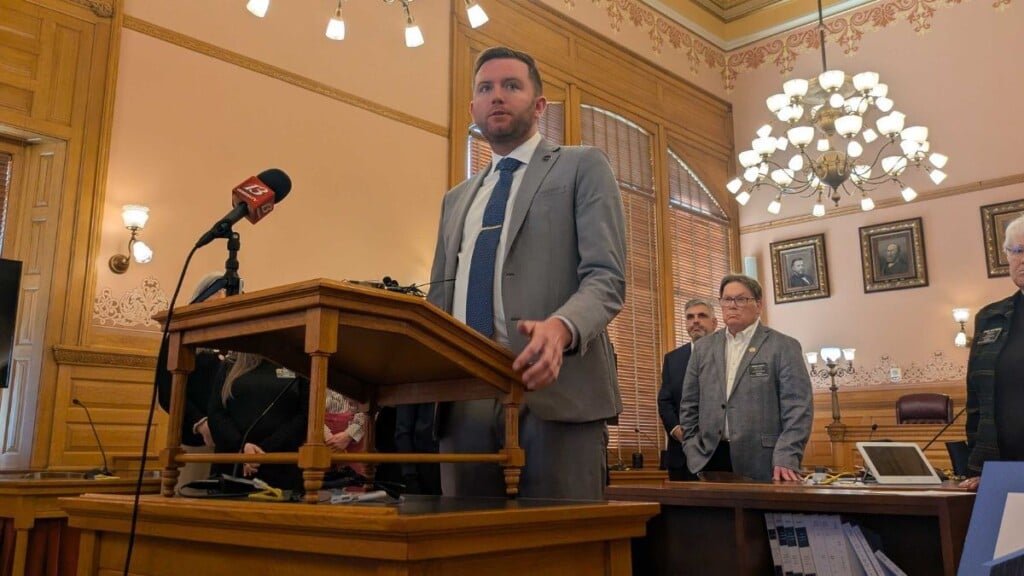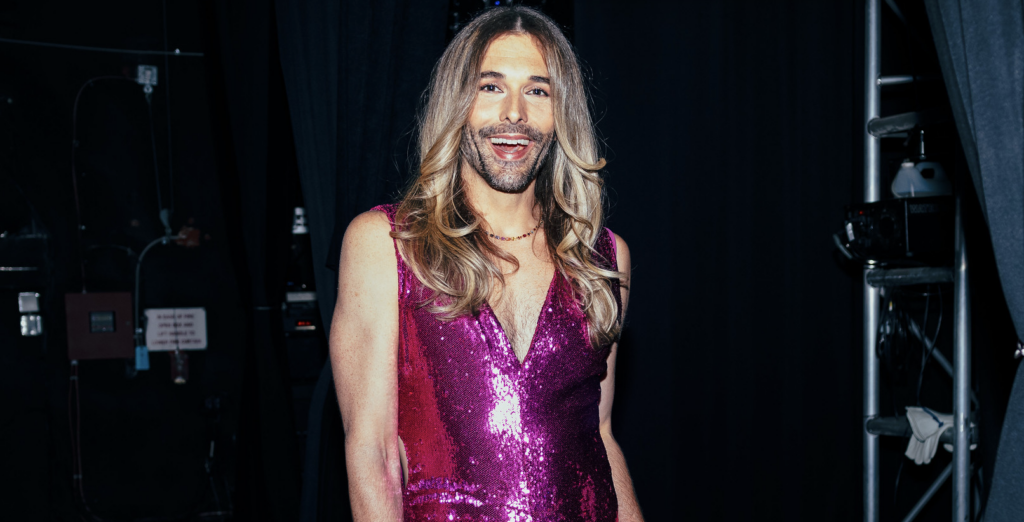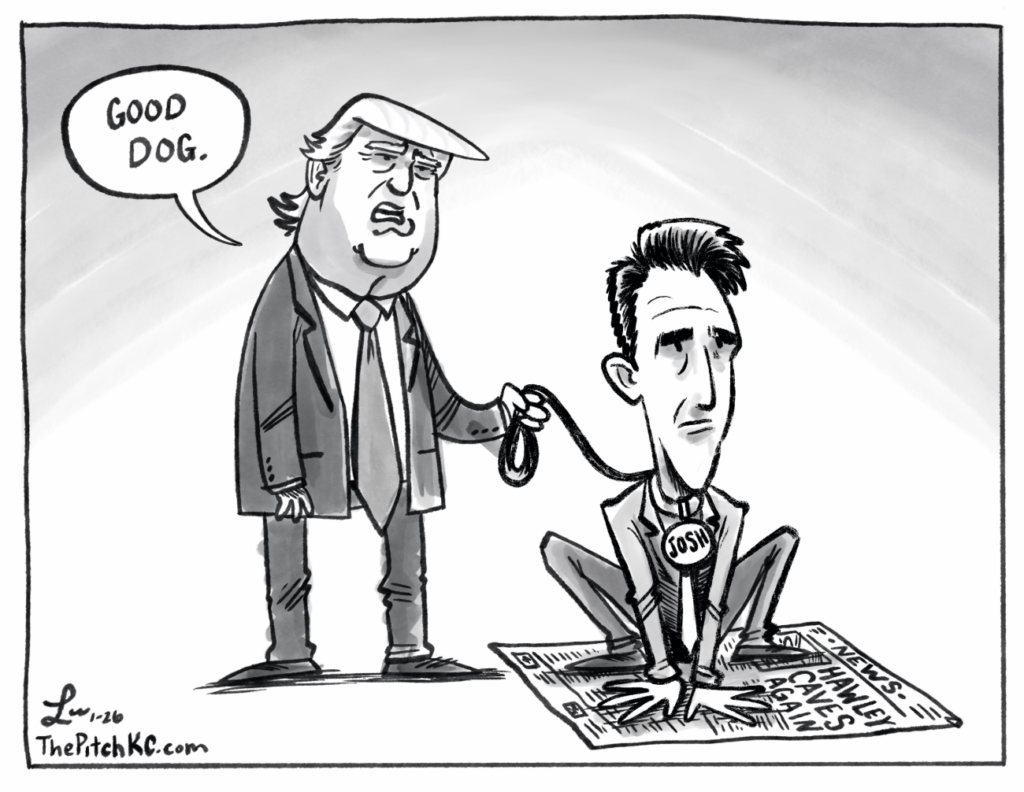Royal Pains
The Queen is more fun than any movie about the violent death of a 36-year-old woman has a right to be. It’s also as exotic an English-language picture as the season is likely to bring.
Directed by Stephen Frears from Peter Morgan’s script, The Queen is set in the peculiar bestiary that is Britain’s royal family during the traumatic week between Diana Spencer’s fatal car crash and the state funeral that the British public forced into existence. The film’s theme is the monarchy in the age of mechanical reproduction. It opens by boldly quoting Shakespeare (“uneasy lies the head …”) and intimating a droll disdain for democracy by Queen Elizabeth (Helen Mirren) in the face of “modernizer” Tony Blair’s 1997 landslide.
The new prime minister (lookalike Michael Sheen) bumbles through a rote royal meeting, then faces his first crisis some months later with Di’s death. He grasps the implications, but her majesty’s bedchamber is barely rumpled by the news. “Charles, isn’t this awful?” Elizabeth asks her son, before denying him the use of the royal jet to fly to Paris to recover his ex-wife’s body. Summering at Balmoral castle in Scotland, the Windsors quibble over protocol, oblivious to the mass outpouring of grief outside Buckingham Palace. “I think the less attention we draw to it, the better,” Elizabeth primly declares. Her instinct is to do nothing. Blair is infinitely savvier. The politician steps into the breach, hailing Diana as “the people’ s princess.”
Because the image rules, The Queen‘s real queen is Diana. But because the movie is essentially a high-wire acting stunt, its star is Mirren. Could the actual Elizabeth exhibit anything approaching the actress’s wit or timing? Could she be nearly as intelligent in her confusion or stylish in her regal dowdiness? The script’s attempts to humanize the monarch (she suffers the conjugal nickname “Cabbage”) are less important than the elegance with which Mirren offers her interpretation. The script even allows her to acknowledge her own canny impersonation, sniffing that “nowadays people want glamour and tears, the grand performance.”
Blair, of course, is an idealistic commoner and, hence, the movie’s hero. “Will someone please save these people from themselves? Because, as prime minister, I really have nothing better to do,” he snaps at his staff before manfully shouldering his responsibility to queen and country. By the movie’s end, Blair is totally identified with Elizabeth’s pain. No less than any showbiz personage, she has submitted to the tyranny of ratings.
A posh hack who is only as interesting as his material, Frears has never redeemed the early promise of Bloody Kids. Nevertheless, The Queen is his knight’s move. Whether Tony Blair actually saved the British monarchy, Frears has made it seem so, and even worth doing.




